Hamid Nouri’s torture in Swedish jail bears hallmarks of Israeli tactics, says son
Iranian prisoner Hamid Nouri has been tortured since he was arrested more than three years ago in Sweden, says his son Majid Nouri, who also argues that the systematic torture inflicted on Nouri has Israeli fingerprints all over it.
Majid Nouri made the remarks in an interview with IRNA published on Saturday, during which he offered a detailed account of how his father was illegally arrested, tortured, put in solitary confinement, and sentenced to life imprisonment by a kangaroo court in Sweden.
“We regard the model of torture against my father, which includes severe restrictions and imbalance in services, to be the Israeli model,” he said, adding that the American model is more brutal than the Israeli one.
“As far as we know, my father has been beaten twice, but his mental and psychological symptoms fit the Israeli and British model,” he said.
Referring to the propaganda campaign targeting his father’s case, he said, “We feel that the intelligence elements of these two, especially the Zionist regime, are behind this.”
He maintained that through their media empire, they have practically made it taboo for others to speak in favor of his father.
Hamid Nouri, a former Iranian judiciary official, was arrested upon arrival in Sweden at Stockholm Airport in November 2019 and was immediately imprisoned. He was put on trial on unfounded allegations made by the Mujahedin-e-Khalq Organization (MKO) terrorist group.
His accusers allege Nouri was involved in the execution and torture of MKO members in 1988, but he has vehemently rejected the allegation.
Back in July, a Swedish court sentenced Nouri to life imprisonment. The court, which was described by Iran as illegal in the first place, convicted Nouri of war crimes and crimes against humanity based on the MKO allegations.
Solitary confinement amounts to torture
“The worst thing that is happening to him is the solitary confinement, while under European countries’ laws, solitary confinement for more than 10 days amounts to torture,” Majid Nouri said.
He said the Swedish government has put his father in solitary confinement in a small cell for more than three years under the pretext of “protecting him.”
On the other hand, he said, Nouri was not able to contact his family for eight months, which he censured as another example of violation of his father’s rights.
“My father was not even allowed to see his family for 25 months,” he said, adding that a 20-minute meeting finally happened under very strict conditions.
He explained that a year after Nouri’s arrest, the Swedish authorities gave him and his mother the green light to come to Sweden to visit Nouri, but the meeting did not happen.
“First, they told us that the meeting was not a problem and was scheduled to take place in the afternoon,” he recalled. “Then, they said that the meeting will take place tomorrow. Next, the meeting was delayed for five days. And finally, they said ‘if you want to meet him, we will interrogate you.’”
“Say clearly that this is not an example of torture and persecution,” he said, addressing Swedish authorities.
He hastened to add, “You give Mr. Nouri’s family a visa for a 'family visit' but when the family comes to Sweden, you tell them that they are not allowed to visit. Is this not an example of persecution?”
Earlier this month, relatives, family members and a group of activists gathered in front of the Swedish embassy in Tehran to condemn the political verdict issued against Nouri and demand his release.
Back in October, Iran’s Prosecutor General Mohammad-Ja’far Montazeri said gross human rights violations can be seen in Nouri’s detention and trial, calling for a fair and just trial in which he would be able to defend himself and in a way that the judges were not under the pressure of MKO elements.
“People should not be prosecuted without sufficient reasons and documents, and even if there are grounds for suspecting a crime, the necessary reasons for an unimpeded defense should be provided so that the defendant can prove his innocence,” he said.
Witnesses rejected by court
Elsewhere in his comments, Nouri's son recounted the problems his father encountered when trying to defend himself during his trial, including the fact that he was not able to have a lawyer of his choosing.
“My father knows neither English nor Swedish, so he needs to talk to someone in this country who can get advice,” he said.
Nouri also said the accusers were allowed to freely hurl insults and level allegations during the trial while his father was interrupted constantly and given much less time to defend him against the accusations.
“We even had witnesses who wanted to come to the court and testify, but neither the public defenders allowed them to come nor the Swedish judicial system accepted the request,” he said, adding, “That is, we were fighting on two fronts.”
Lawyers threatened by MKO elements
Nouri said the propaganda campaign launched by the MKO elements since his father’s arrest was so vile that scared many people away from the case.
“We talked to more than ten lawyers, many of whom were later threatened by the MKO,” he said.
The MKO elements “even created problems for the wife of one of our lawyers and she was forced to resign,” he added, criticizing the Swedish security system for allowing such threats to be made.
At the same time, he argued, the plot against Hamid Nouri was orchestrated by forces much more powerful than the MKO.
“In this pre-planned project, each person has played their role, and they get dismissed as soon as they become expendable,” he said. “Likewise, the people who are in charge now will dismiss everyone when the project is completed.”
The MKO has been responsible for numerous assassinations and bombings of top-ranking Iranian officials since the 1979 Islamic Revolution. Out of the nearly 17,000 Iranians killed in terrorist attacks over the past four decades, about 12,000 have fallen victim to the group's acts of terror.
One of the biggest attacks carried out by the group was the 1981 bombing of the Islamic Republic Party’s headquarters in Tehran, which killed Iran’s then-judiciary chief Ayatollah Mohammad Hossein Beheshti, and 72 others, including lawmakers and ministers.
The terrorist group also fought alongside Iraqi forces in the former Iraqi dictator Saddam Hussein’s war on Iran in the 1980s.
However, the US and the European Union removed the MKO from their lists of terrorist organizations in order to use them as proxies against Iran.
Iranian officials have condemned the “shameless hypocrisy” of the US and its European allies in supporting a terrorist cult that has Iranian blood on its hands.
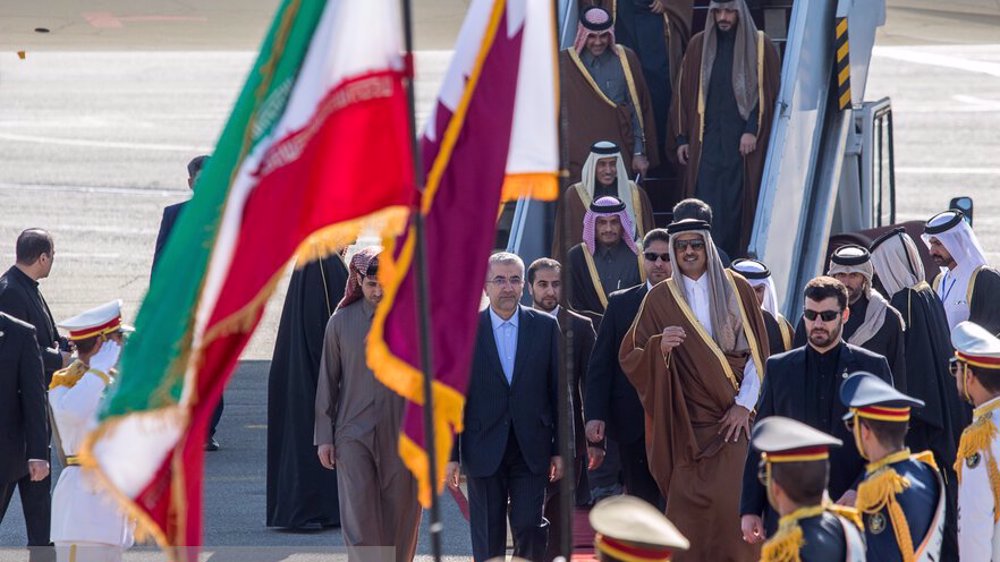
Qatari Emir arrives in Tehran for deeper cooperation talks
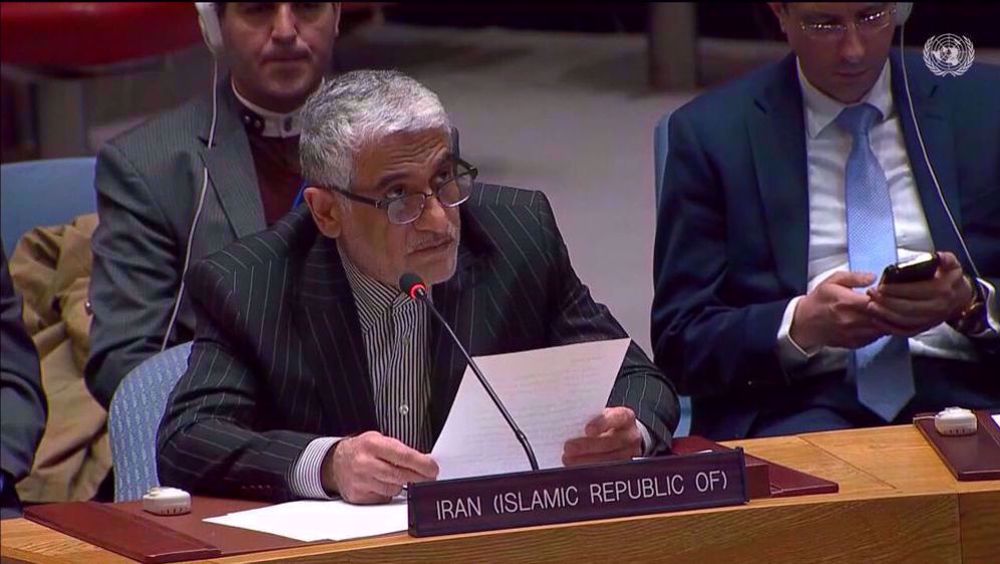
Iran rebukes US 'colonial' plan for forced relocation of Gazans
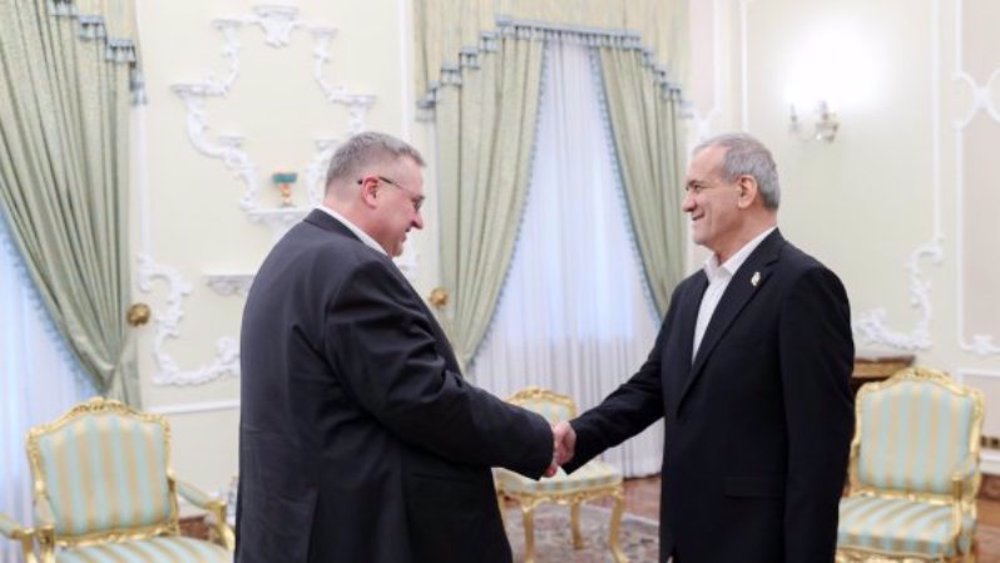
Pezeshkian: Iran-Russia deal manifestation of mutual cooperation
IRGC unveils new homegrown smart missiles, drones drill
Iran launches project to extract, purify helium from natural gas
Qatari Emir arrives in Tehran for deeper cooperation talks
VIDEO | Press TV's news headlines
Israel to release longest-serving Palestinian inmate Nael al-Barghouti
IRGC dismantles multiple US, Israeli spying networks in northern Iran
Two Israeli soldiers flee Amsterdam over arrest warrant fears
Iran rebukes US 'colonial' plan for forced relocation of Gazans


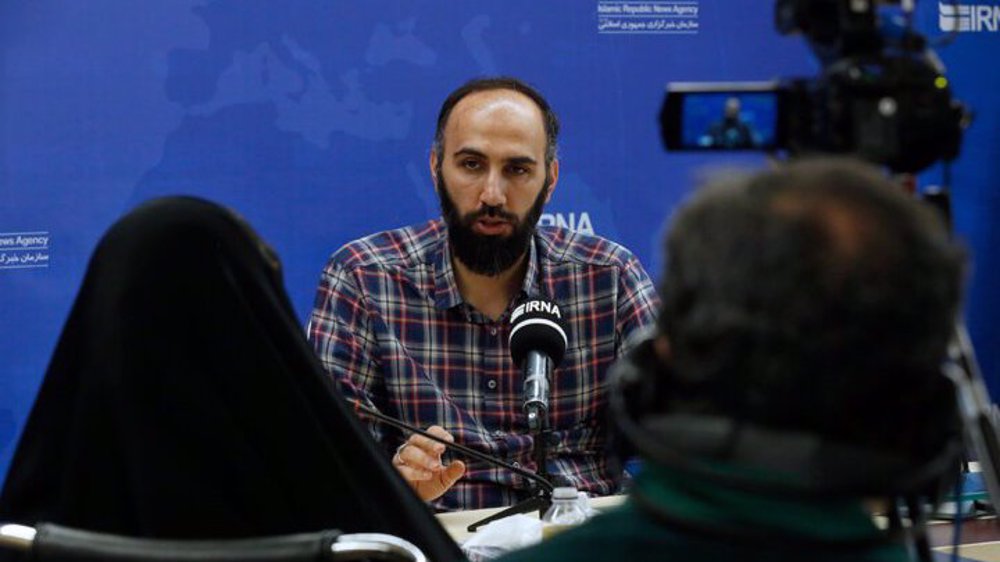
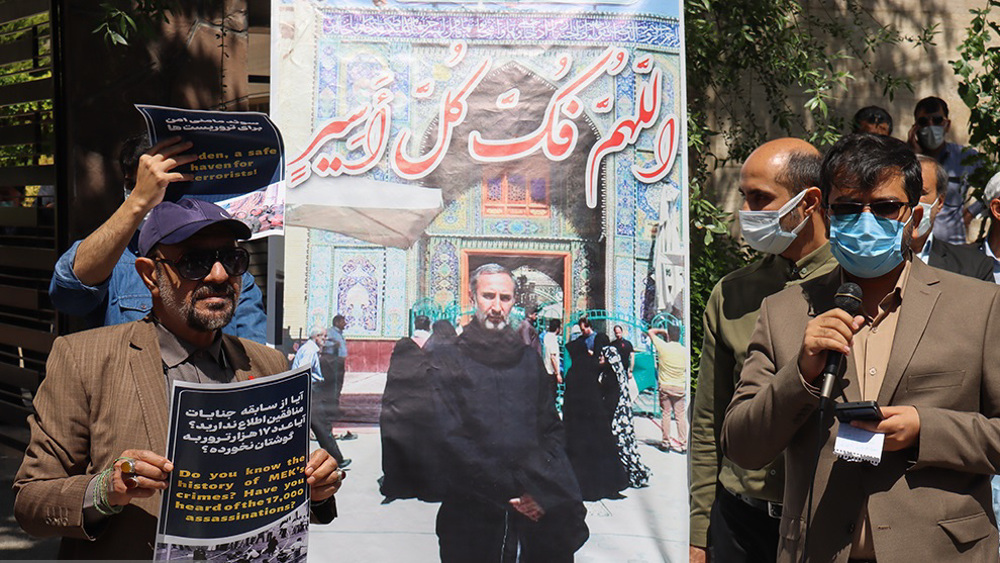
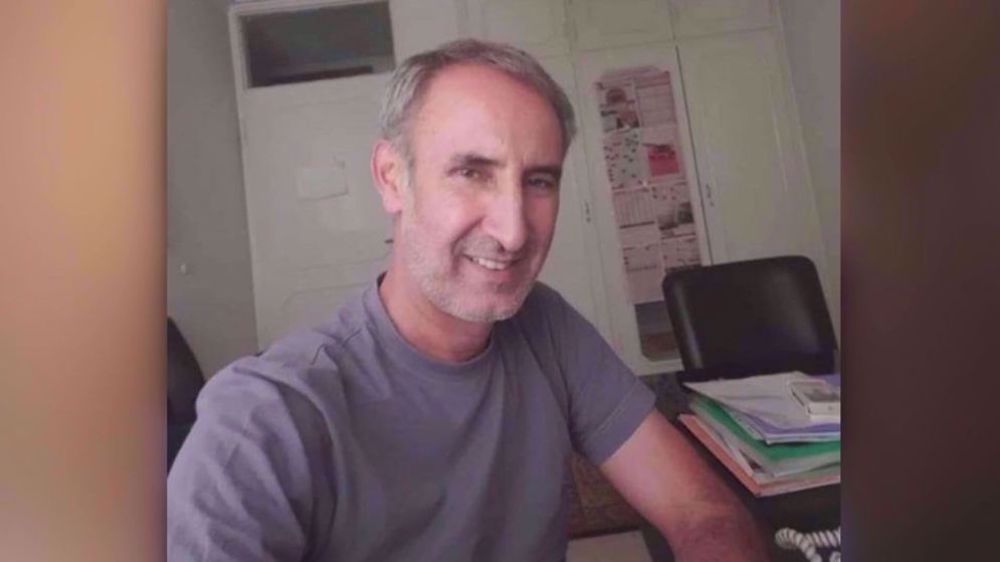
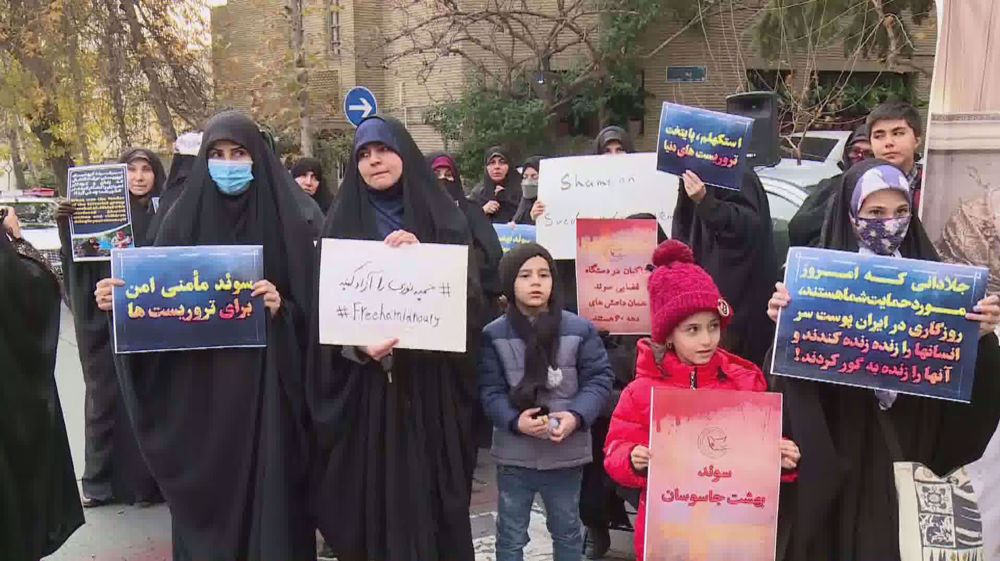



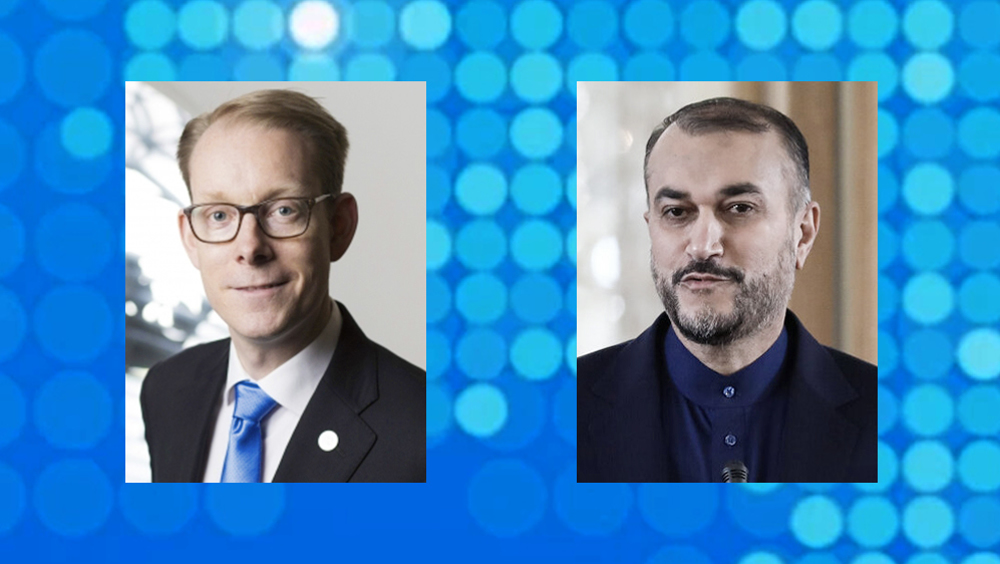
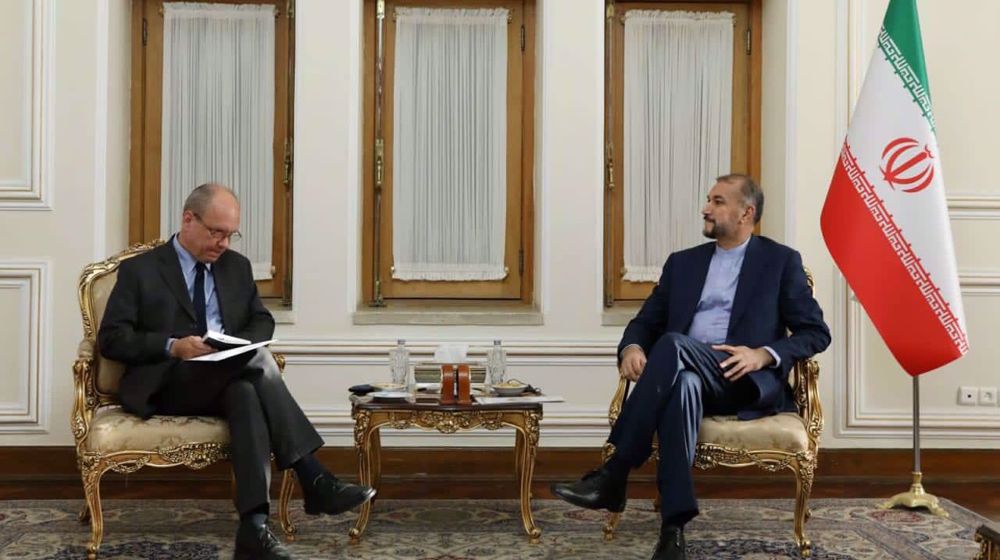

 This makes it easy to access the Press TV website
This makes it easy to access the Press TV website